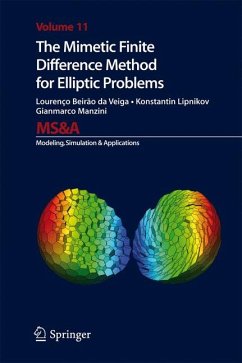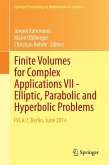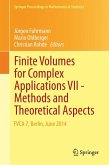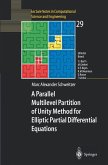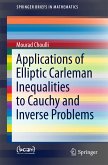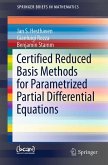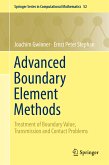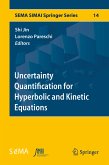Dieser Download kann aus rechtlichen Gründen nur mit Rechnungsadresse in A, B, BG, CY, CZ, D, DK, EW, E, FIN, F, GR, HR, H, IRL, I, LT, L, LR, M, NL, PL, P, R, S, SLO, SK ausgeliefert werden.
"This book of about 400 pages is clear and relatively easy to read. It shows the capabilities and the efficiency of the mimetic finite difference method in the resolution of the usual partial differential equations, from their strong formulation. Many theoretical and practical aspects are addressed in detail. It is therefore highly recommended for anyone who wants to learn and use this method." (Arnaud Münch, Mathematical Reviews, October, 2014)
"The research monograph is a useful source for scientists and engineers interested in computational treatment for various mathematical models arising in real life. It also proves to be a valuable research monograph for graduate students in Applied Mathematics or Computational Physics." (Marius Ghergu, zbMATH, Vol. 1286, 2014)

